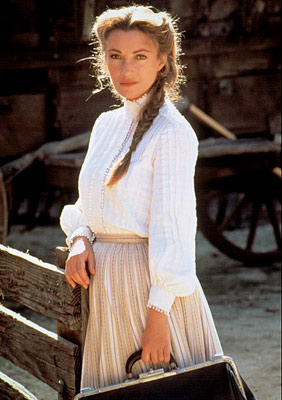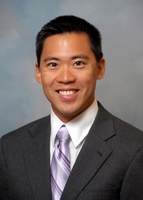by Anne Lucas
My 7th grade English teacher, Mrs. Frezeman, assigned us a quotation to memorize and 10 vocabulary words to learn every week. The quotations especially made a deep impression on me, and I find myself reflecting on them in many of life’s circumstances even as I advance through middle age.
Today I’d like to share with you an excerpt of the sage advice that Polonius gave his son, Laertes, in Hamlet. I suspect you’ve heard it before:
…This above all: to thine own self be true,
And it must follow, as the night the day,
Thou canst not then be false to any man…
– William Shakespeare, Hamlet, Act 1, Scene 3.
You might be wondering why I’d choose this particular passage to share with you now. I guess I’ve been struck by how challenging it is for students to stay true to themselves throughout the career/job search process. In a still-struggling economy, it may be even more tempting to convince ourselves that we could be happy doing something in which we have little or no interest just because there are jobs available in that field. As a parent of young adult children, I have been guilty of urging my children to “get a job,” and indeed both my son and daughter have been known to “settle” for a decent salary and health insurance.
There may be a point in one’s job search where some compromise is necessary, of course. No job is perfect, and as most new graduates learn, work is called “work” for a reason! Sometimes we accidentally find our true calling by working in a field which turns out to be interesting after all. Despite the possibility of a happy accident, I urge you to approach your career exploration and job search with honesty and big dreams. Give yourself the opportunity to aim for a job for which you feel a sincere interest—even passion. You are most likely to succeed when you’re doing something you enjoy—and unlikely to succeed in even the most profitable endeavor if you are mismatched for that position.
 It’s important to be yourself (“your best self” as we career folks like to say) throughout the job search process. Let your voice shine through your cover letters. As you can imagine, I am reviewing a lot of cover letters right now, and I am always thrilled when I read a student’s “story” of why s/he has been called to the field of (fill in the blank). Employers too read hundreds (thousands?) of cover letters, and they can sift out the sincere from the forced. So please carefully consider your passions and then give voice to these passions in your cover letter.
It’s important to be yourself (“your best self” as we career folks like to say) throughout the job search process. Let your voice shine through your cover letters. As you can imagine, I am reviewing a lot of cover letters right now, and I am always thrilled when I read a student’s “story” of why s/he has been called to the field of (fill in the blank). Employers too read hundreds (thousands?) of cover letters, and they can sift out the sincere from the forced. So please carefully consider your passions and then give voice to these passions in your cover letter.
Continue to be true to yourself, your values, and your ambitions throughout the search process. You will sparkle in your interviews too if you present yourself authentically. I’m fond of reading the “Corner Office” interviews in the Sunday business section of the New York Times. Inevitably these successful CEOs emphasize that during the hiring process they want to know who a person really is—not just the polished-up version too often presented. These CEOs accept that all people will fail and strongly believe that people should take risks and learn and grow from their failures. One recent interviewee even remarked that he’s worried if someone claims never to have failed because he doesn’t know how that person will handle it when s/he finally, inevitably, does fail.
Thus, I suggest that you open yourself up in the interviewing process. No, this doesn’t mean that you should approach your interviewer like your therapist. Rather, you should, in a professional fashion, be yourself and tell your unique story. When the fit is right, you’ll get the job. If your cards are on the table and you don’t get the offer, it’s likely that it wouldn’t be a good match anyway. Move on, and it will work out well in the end.
My thanks to William Shakespeare and Mrs. Frezeman for reminding us “To thine own self be true.” Also, I can’t resist a note to the seniors out there. Please remember to enjoy and make the most of your senior year! There’s more going on at Penn than OCR and your job search. Your senior year is a precious time in your life that you will never have again. Best wishes for a spectacular senior year and genuine job search!






